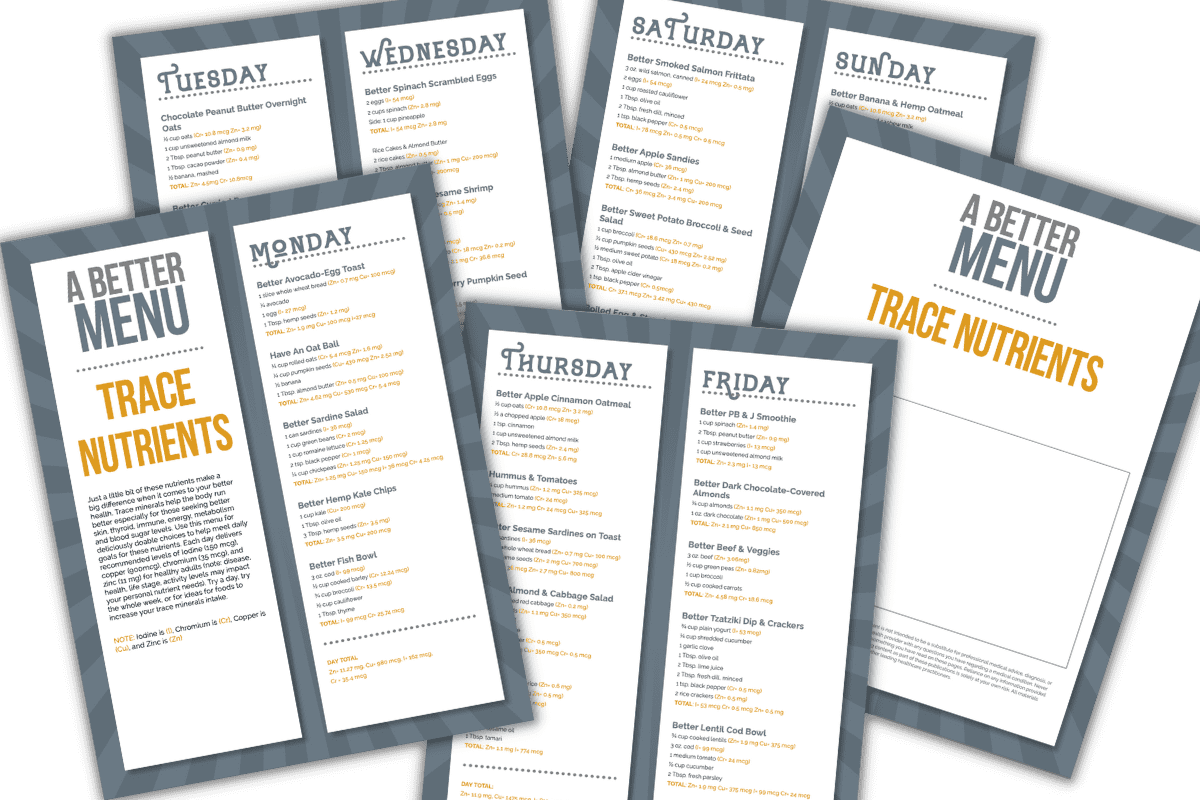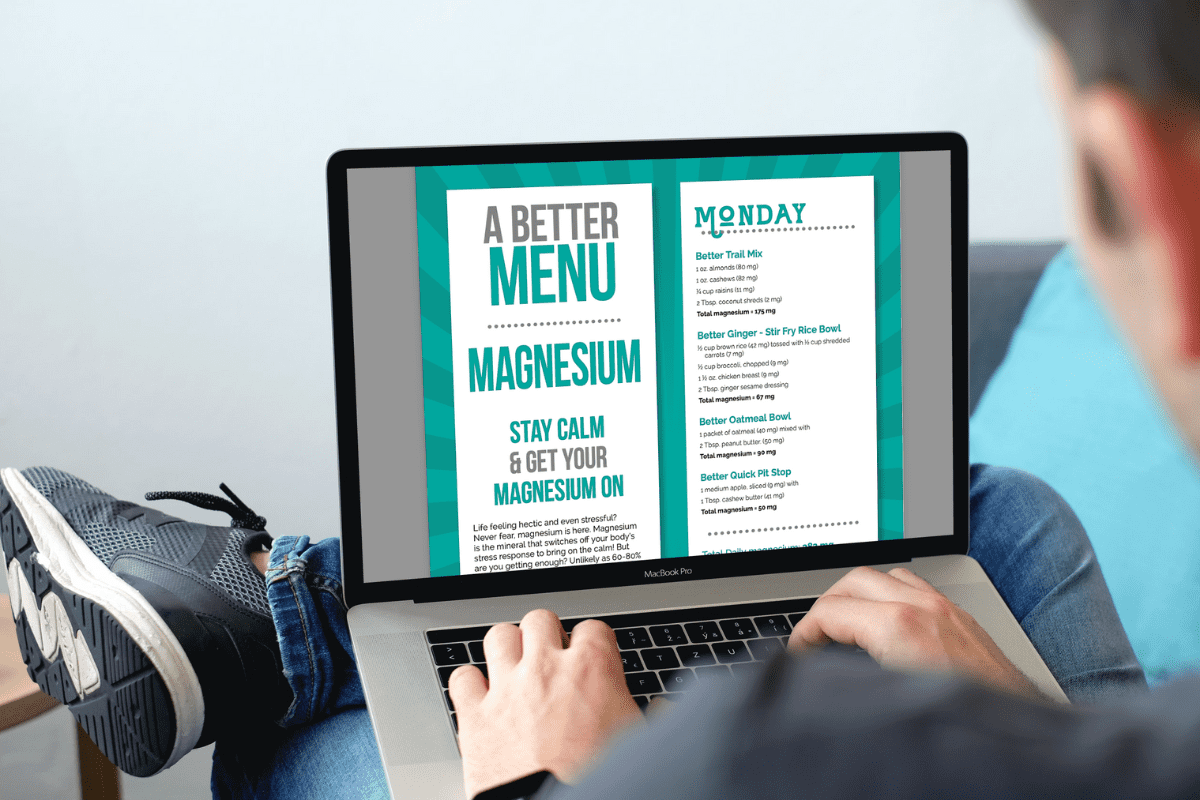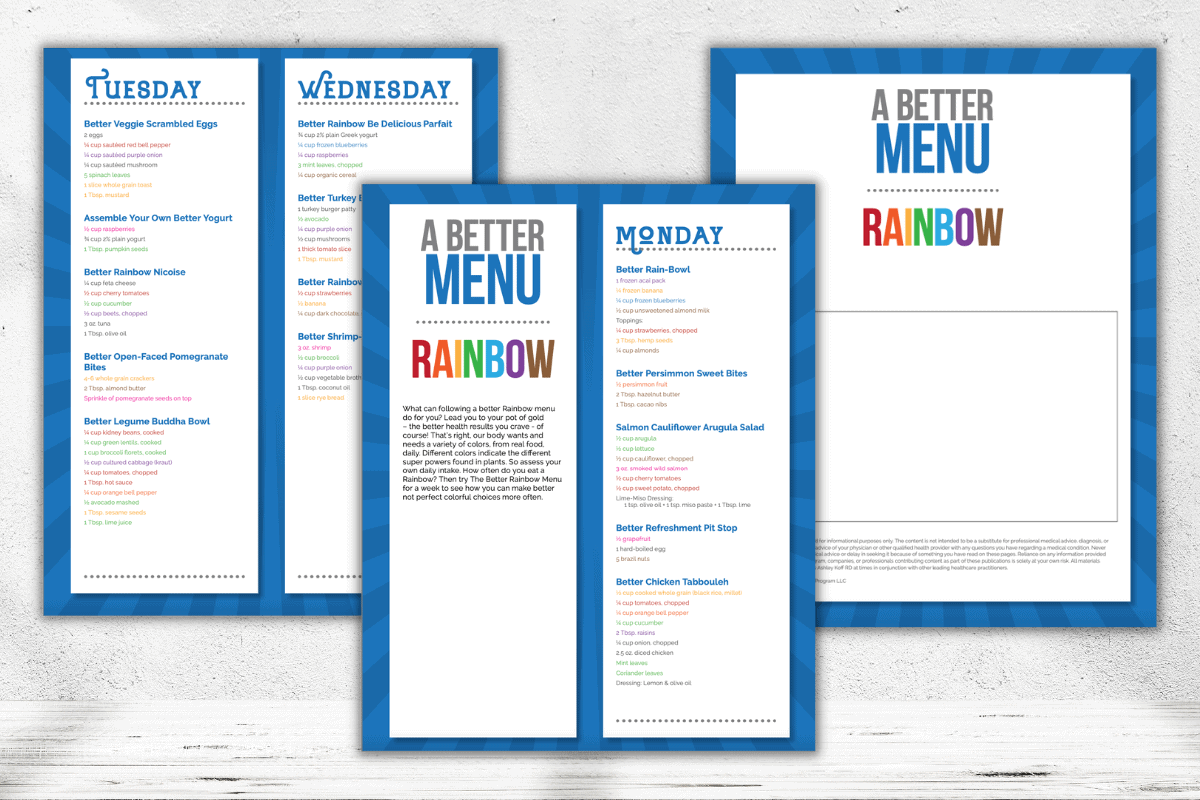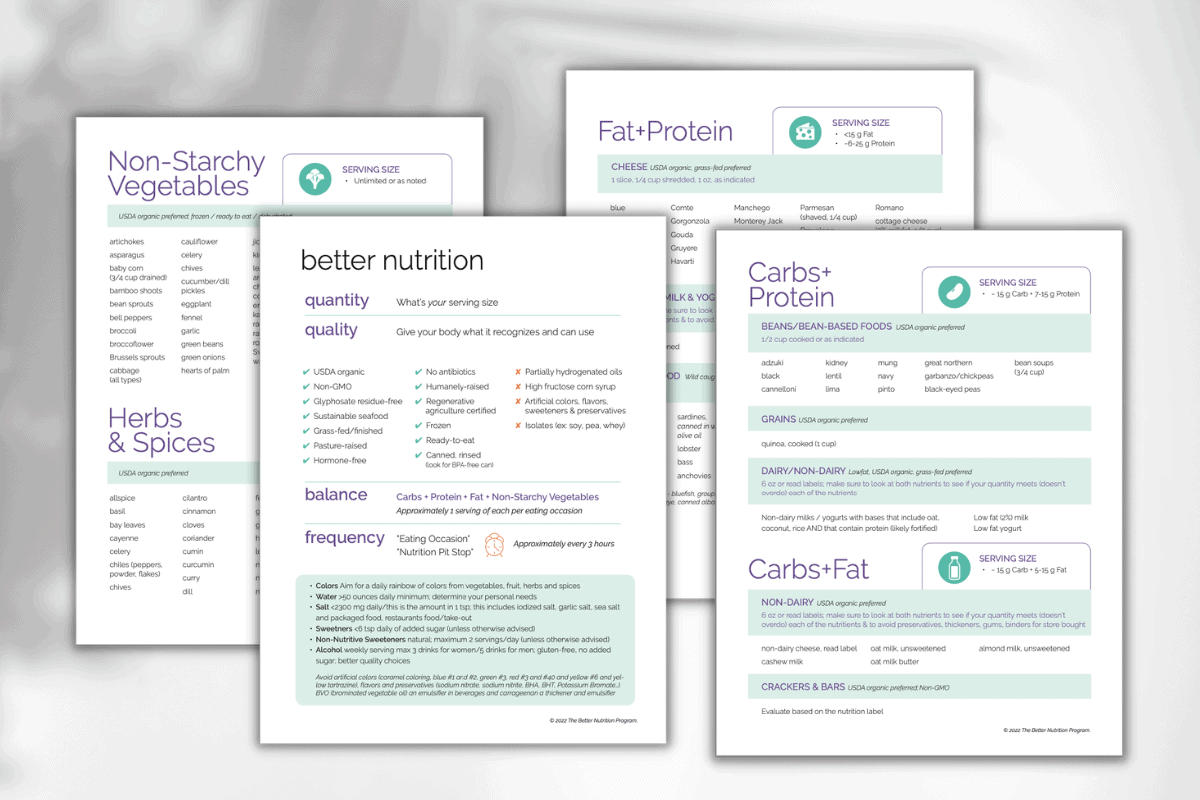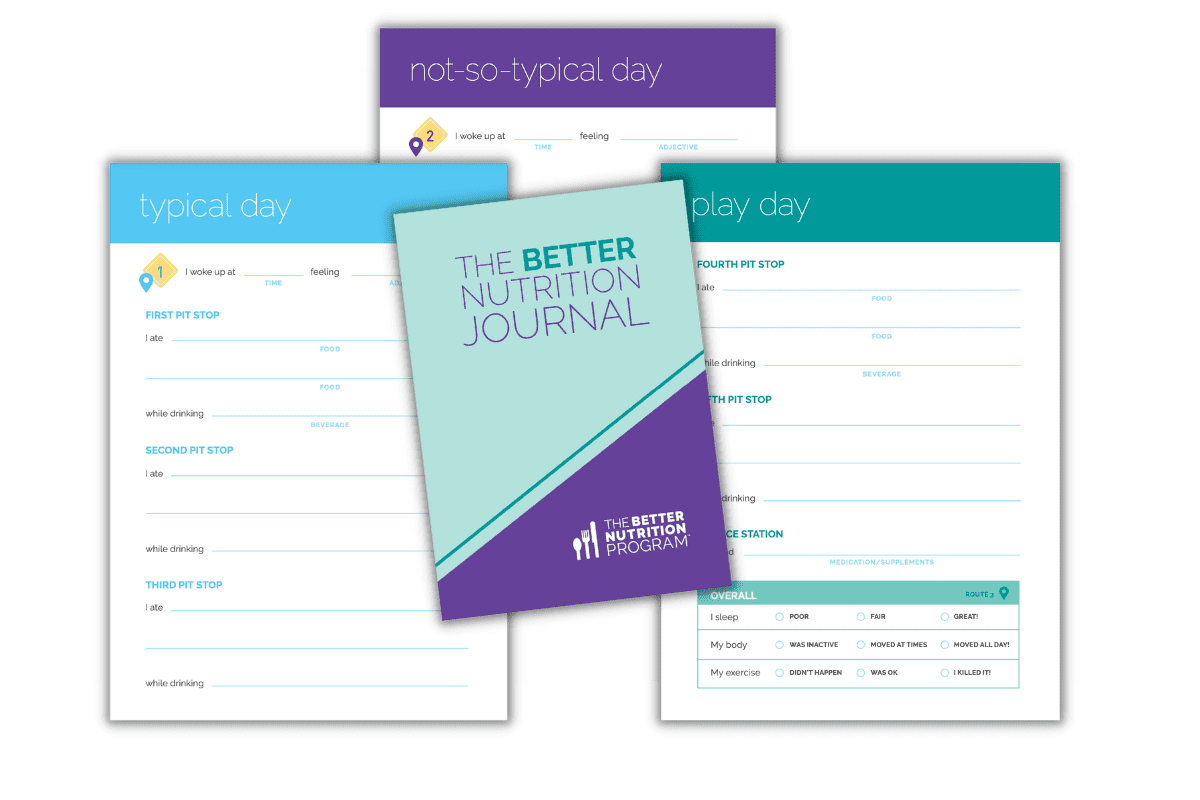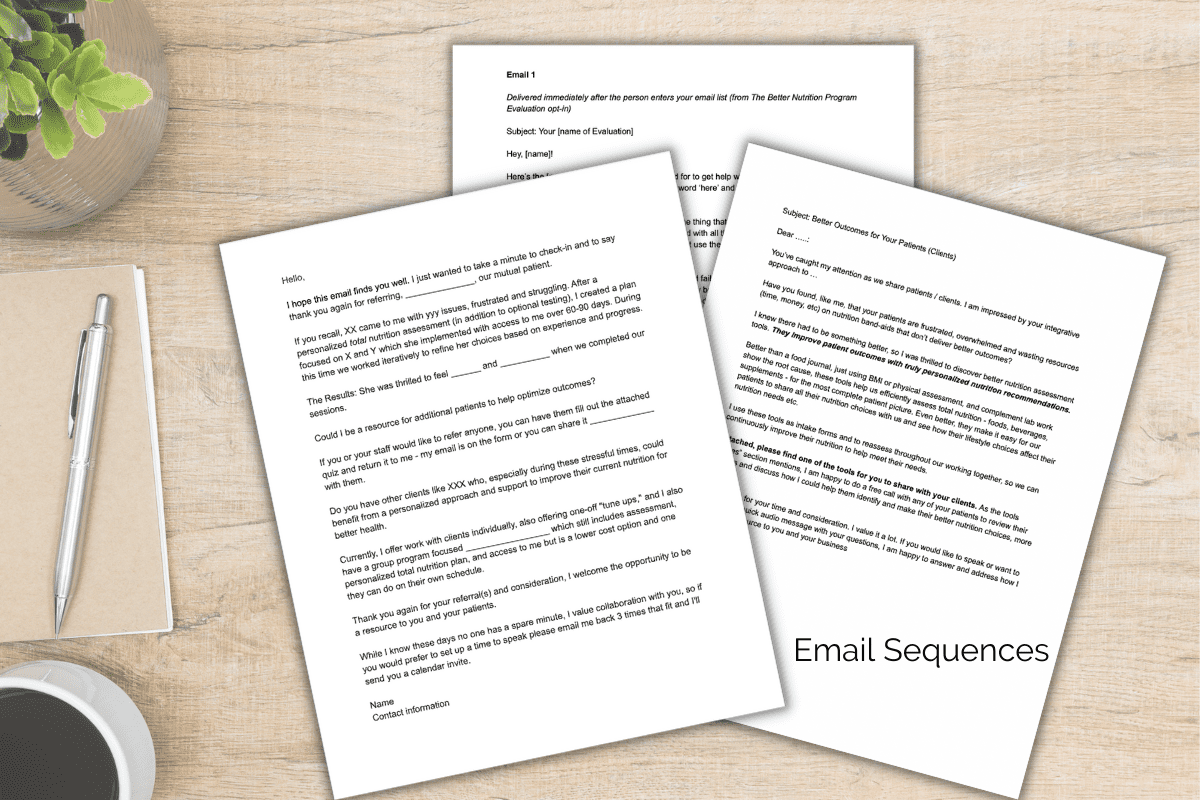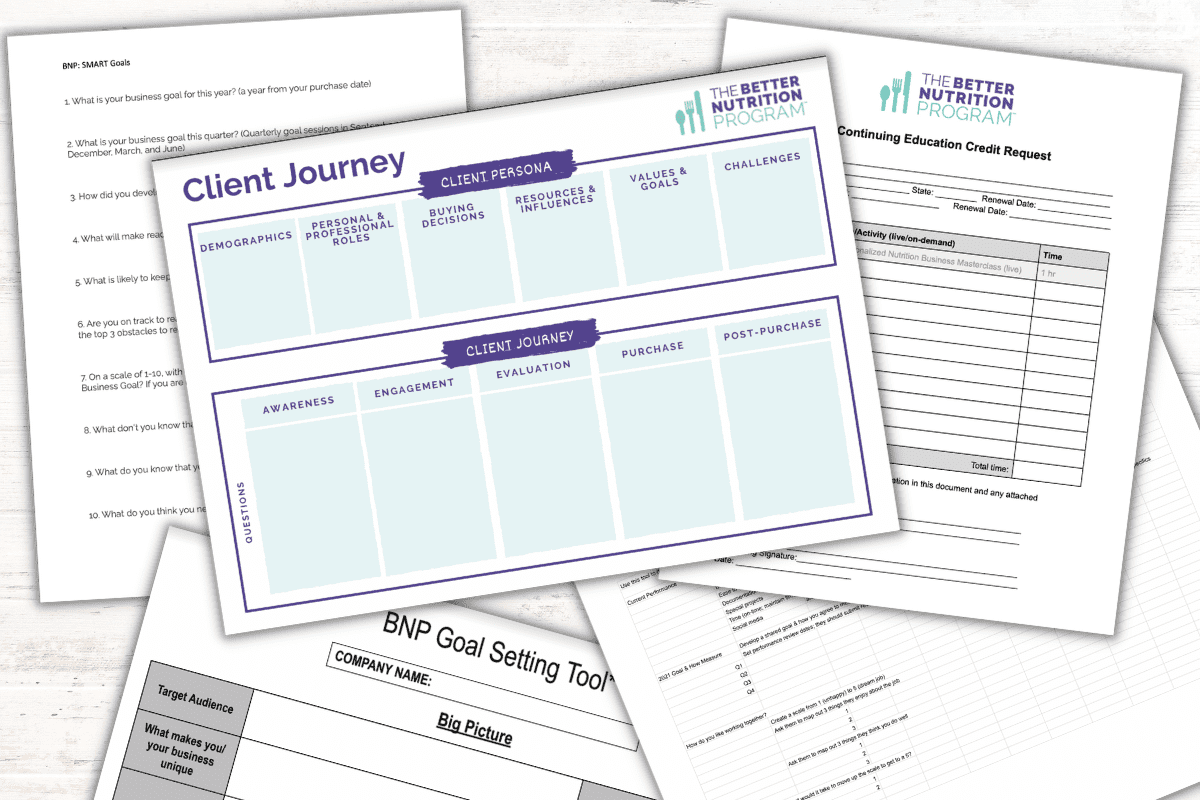The best digestive enzymes help your body break down foods into usable nutrients. Scroll down if you want help with brands and specific supplement recommendations right now. They help critical nutrients get absorbed and send waste products on for elimination. Our bodies do produce them throughout life, but several factors may impact the production.
“Discovering digestive enzymes was like hiring a great personal assistant! When I travel, dine out, or have more stressful moments taking supplemental digestive enzymes assists my digestion. I am a big fan of them for me and my patients!”
Ashley Koff RD
Do digestive enzymes really work?
Yes. Your body makes enzymes from proteins to help efficiently and effectively digest, absorb, and utilize nutrients. They are essential. We can also consume them in raw foods and as supplements. You will learn more about your best choices for those in this article.
Can digestive enzymes help digestion?
Yes. But they can not fix digestion alone, here’s what you need to fix digestion. Your body makes them throughout the digestive tract so that explains how helpful they are for digestion. But they are a tool, a part of the digestive process. They can not fix your digestion, but without them your digestion can not work better. Before you supplement you should do this digestive assessment and, for any digestive issues, work with your practitioner first. Digestive enzymes will work better with these other digestive tune-up ingredients.
Should you take digestive enzymes?
Maybe. Are you aging? Stressed? Do you experience some digestive fullness after meals? Traveling for work or pleasure? Are you bloated during your period? Do you sometimes eat meals later in the evening and have trouble falling asleep? Are you eating mostly cooked foods? Are you following a nutrition plan that focuses on new ingredients or emphasizes one nutrient group?
Answering “yes” or “sometimes” to the above questions means that these may be a tool you want in your toolkit. Remember, your body makes them so the most important thing is to improve your overall digestion to help the body produce enough enzymes itself.
Is aging affecting your digestion?
Aging can lower stomach acid along with taking stomach-acid lowering medications at any age and in doing so reduce the amount produced by the stomach. The stomach produces enzymes that break down proteins and fats. So is this is you, you may benefit from a supplement as part of your digestive tune-up.
Does stress affect your digestion?
Stress – good and bad – turns attention away from digestion so that we can “fight or flight” our way out of trouble. But this means that during stress your body may not produce as much of these. So if this is you, at times of stress, which can include travel, exciting nights out, or a bad day at the office, you may want to supplement as a tool along with these other tips for addressing stress to optimize digestion.
Are hormonal changes making your digestion worse?
Hormonal changes throughout the month or at different times in our lives throws digestion off course. You may feel bloated, get constipated, feel an uncomfortable full despite eating your normal amount and have other symptoms. You should discuss with your practitioner. If this is you, supplements may be a great tool to help your digestion do all the work it needs to breakdown nutrients into usable parts.
Do food intolerances affect what you eat?
Do you have food intolerances? Digestive enzymes may be a factor but just taking a digestive enzyme supplement and then consuming that food isn’t your better choice. The food could still be an irritant. If this is you, the supplement can be a tool for the once in awhile eating or drinking of an ingredient you don’t tolerate well but not a way to consume it daily.
Did you recently change your diet?
Upgrading your diet to a more plant-based one or going keto or paleo? Along with other better nutrition tools, you may want to choose a supplement targeted at the nutrients you are getting a lot of to help your body manage this load.
Is there a better time to take digestive enzymes?
Yes. Because they help your body breakdown nutrients, get in digestive enzymes from foods and take supplements with your food. It is possible to take them within an hour or so of finishing your meal or snack and still get benefits.
What foods contain digestive enzymes?
Many raw foods like papaya, pineapple, avocado, kefir, sauerkraut and kimchi contain digestive enzymes. Check out our recipes for those rich in digestive enzymes.
How do you choose the best digestive enzymes?
Your body makes specific enzymes to aid digestion of specific nutrients like carbs, fats, proteins, and fiber. Depending on your health, eating plan, and health goals you may want a broad spectrum digestive enzyme or one that is more targeted. You can see some of our favorite enzymes in The Better Nutrition Supplement Store (sign up for free for access and for savings). The Real-zymes from Pure Essence offer diet specific enzyme blends with several of the digestive tune-up nutrients so they are a win and Ashley Koff Approved too!
Will digestive enzymes fix my IBS?
No. But they may help alleviate some symptoms. Better nutrition provider Beth Rosen RD discusses their role in this interview on FODMAP, IBS, SIBO and how to get your digestion in sync.
Could digestive enzymes make you lose weight?
Maybe. Losing weight occurs when digestion runs better. Before you focus on digestive enzymes as a magic weight loss pill, however, note that they are only one tool in your better nutrition toolkit for weight loss. And using digestive enzymes to overeat or eat things your body doesn’t tolerate well is not a recipe for weight loss.
Can you take digestive enzymes with probiotics?
No, not most probiotic supplements. It is different for foods. Taking a probiotic supplement like a bifido or lactobacillus or blend of the two is not recommended at the same time as digestive enzymes. Saccharomyces Boulardii appears to do fine though in the presence of digestive enzymes. If you are eating quality probiotic-rich foods and you eat foods rich in digestive enzymes or take a supplement you can still win nutritionally.





